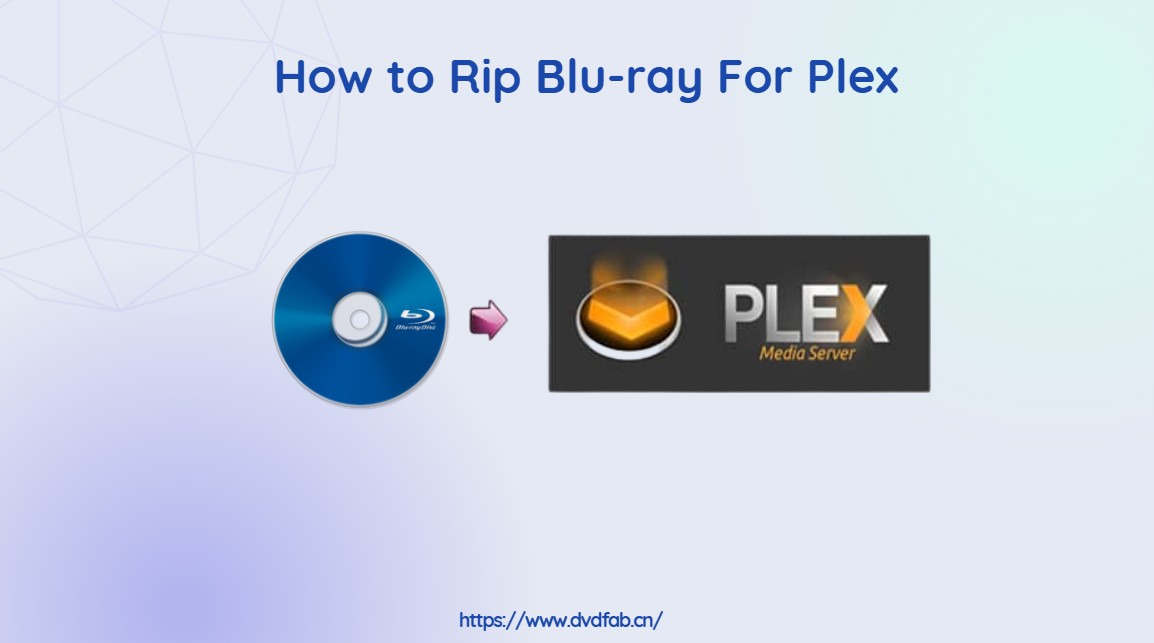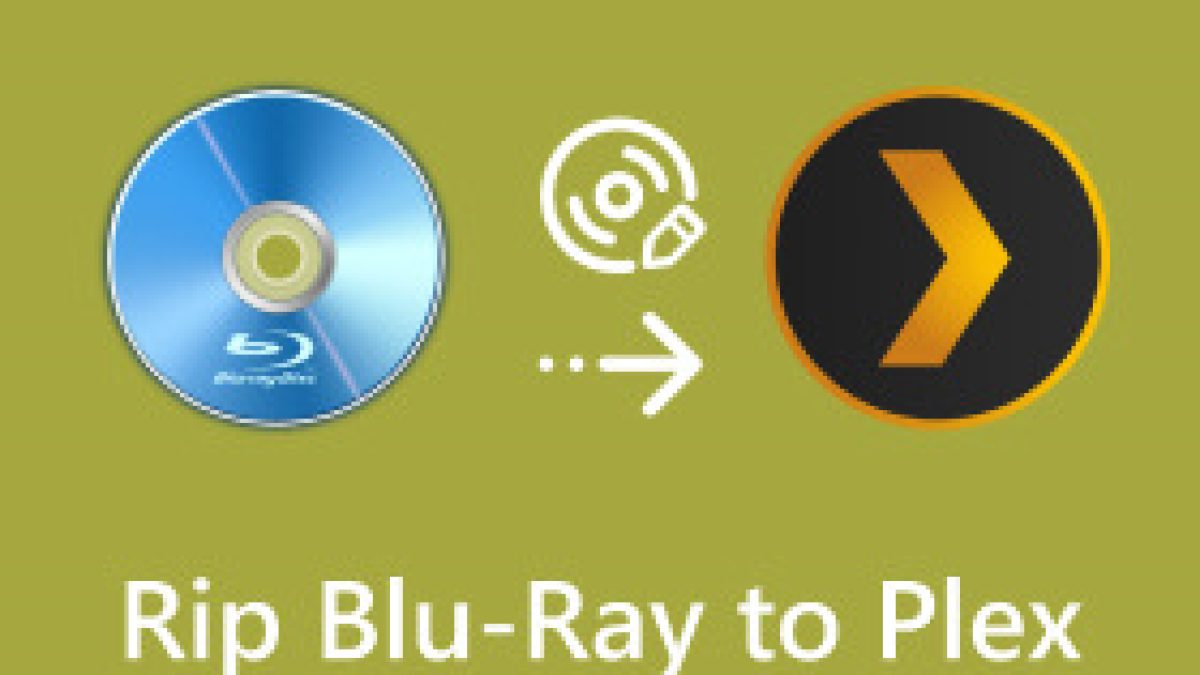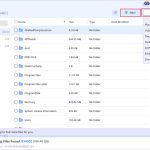Preserving Blu-ray quality for Plex requires extracting the original video and audio without transcoding. Here are the essential tips:
Essential Software & Preparation
Use MakeMKV: This is the standard tool. It decrypts and extracts streams losslessly.
- Rip the "main title" containing the movie's primary video track.
- Select desired audio tracks (e.g., lossless TrueHD Atmos/DTS:X, core DTS-HD MA/Dolby TrueHD) and subtitle streams.
- Output to the MKV container; it perfectly encapsulates Blu-ray's HD/UHD video and high-bitrate audio.
Obtain a Compatible Drive:

- Ensure your Blu-ray drive supports UHD (if ripping 4K) and has compatible firmware.
- Many external drives work; research known compatible models.
Ripping Process
Bit-for-Bit Extraction:
- MakeMKV performs a direct, lossless rip. The video (H.264/AVC for HD, HEVC/H.265 for UHD) and lossless audio are copied unchanged.
- This preserves the original quality precisely as on the disc.
Post-Rip Validation
Verify Checksum:
- Optionally use checksum tools post-rip to confirm file integrity matches the disc source.
Plex Library Management
Storage & Naming:
- Ensure sufficient storage space (HDDs/SSDs/NAS). Rips are large (25-100+ GB).
- Name files clearly using Plex naming conventions (e.g., `/Movies/Movie Name (Year)/Movie Name (Year).mkv`).
Playback:
- Direct Play is ideal. Your server, network, and client must support the source codecs and bitrates.
- Avoid having Plex transcode these large files unless necessary; it degrades quality or increases server load.
Key Takeaways
No Compression: Never transcode or re-encode during the ripping process for Plex. Use MakeMKV to extract the original streams losslessly to MKV files. Ensure your playback chain supports Direct Play of high-bitrate content.













